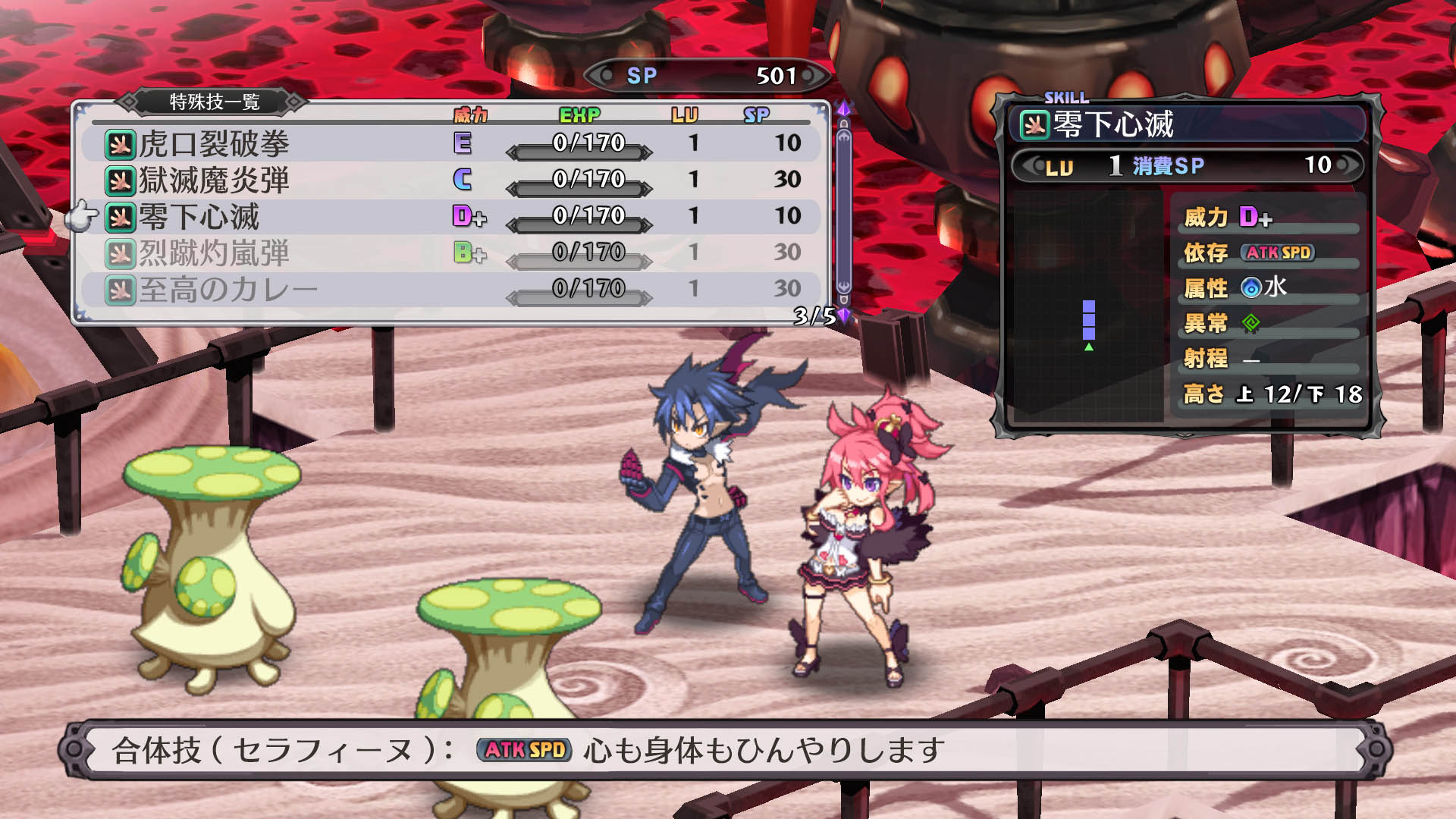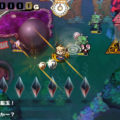Examples of Damage Control in Gaming: NIS America Botches Ys VIII for the Third Time

The big question before NIS America released Ys VIII: Lacrimosa of Dana for Switch? “They couldn’t possibly screw this up again, right?”
It’s remarkable how much trouble the company had with both previous releases of the title. First came the PlayStation 4 and Vita versions, which contained a subpar localized script full of awkward lines that almost appeared to be machine-translated. It also contained name translations that were bizarrely more awkward than those in the Japanese version. To their credit, NISA provided a retranslated version of the script through a free patch four months after its release after word about it spread far, as developer Falcom undoubtedly knew of it when news reached Japanese blogs. They clearly prioritized text in story-related scenes over the NPCs in the retranslation, but it was mostly fine.
Despite signs looking good for the Steam version to turn out better thanks to having the new localization ready at launch, it went wrong in several other ways despite receiving several months-long delays. The port included no visual options, unending crash issues, random slowdown regardless of how powerful a person’s PC was, and used PlayStation button prompts regardless of what kind of controller was used. It was a messy port, and a bad look compared to the line of solid PC conversions of previous Ys games from XSeed. It’s been improved since then, but NISA is still in the process of patching the port so it’s on par with that version.
The third time’s a charm, as the saying goes, so surely the Switch port would turn out fine. Given the existence of this post and the accompanying banner and title, you know where this is going.

The first word about its port quality came from GameXplain’s analysis. The overall quality of the port is okay despite it being notably inferior to the PS4 version, especially in terms of the framerate (it runs at 30fps instead of 60fps). But the translation is once again an issue — or “translation,” in some cases. They highlighted several examples, which showed untranslated text from the Japanese version, repeating lines, and general typos that could have been fixed with a spellcheck. The overall translation isn’t as bad as the one originally in the PS4 and Vita versions, but it’s a bad look when the company involved has screwed up the third version of the first Falcom game they’ve localized.
This became worse when NISA owned up to the issues after several reviewers highlighted them in their early copies, which led to them laying out a plan for several patches. Yes, “several,” as in four of them over the next few weeks. The listing for what they intend to patch revealed even more problems, including crashing issues (though they don’t appear as bad as the PC version) and graphical blemishes that will be fixed through “aesthetic refinements.” The two patches have already been rolled out, while the second is due to come around the end of the week. The third will come around this time next week, while the final one is due in mid-July.
Unfortunately for them, the game is still having crash issues despite the claim that this would be fixed in the second patch, so the notes of problems to fix will have to be updated.
Given all the issues, it might have been better to delay it by about a month. It would have given the game less competition, since it released close to Mario Tennis Aces and the Switch port of Wolfenstein II: The New Colossus. But it’s possible NISA wanted this out by the end of the quarter for the financial results for the first quarter of the fiscal year, and perhaps doesn’t want it competing with Octopath Traveler, which arrives in mid-July. But that still might have been a better alternative compared to launching it with these problems and facing yet another PR storm, because plenty who intended to purchase the game cancelled their preorders after hearing about this.

What this will mean for the future relationship between Nippon Ichi Software and Falcom remains uncertain. The Switch version was more than a mere NISA localization job: It was a collaborative effort between both Japanese companies, to the point that NIS also published the Japanese version. There was even a discussion between Falcom CEO Toshihiro Kondo and NIS CEO Sohei Niikawa (translated here), where Niikawa confirmed how the two have been friends for years. Falcom is known for striking these kinds of deals, as they did when the updated ports of the first five Trails games on Vita were handled and published by Kadokawa Games. Since Falcom undoubtedly knows about these new issues (they’re on Japanese blogs again), it’s a mystery as to whether they’ll continue the relationship.
Actually, calling it a mere “mystery” is selling it short to many of Falcom’s biggest fans. It’s less that and more a point of intense concern, since they’re worried NISA could pick up the third and fourth Trails of Cold Steel games. The Trails games are far more text-heavy than the Ys titles, so the fear is understandable. This will likely depend on how satisfied Falcom is with the title after the patches and its sales, so there’s about a 50/50 chance NISA could receive them thanks to the friendship of the CEOs. Hope for the best, whatever happens.





